In 1984, a newly AIDS-diagnosed Rock Hudson faced a heart-wrenching dilemma on the set of "Dynasty." Terrified of transmitting the virus, he agonized over a kissing scene with Linda Evans, taking extreme measures to protect her. Evans remained unaware of Hudson's inner turmoil for years, a poignant detail revealed in the new HBO documentary "Rock Hudson: All That Heaven Allowed."
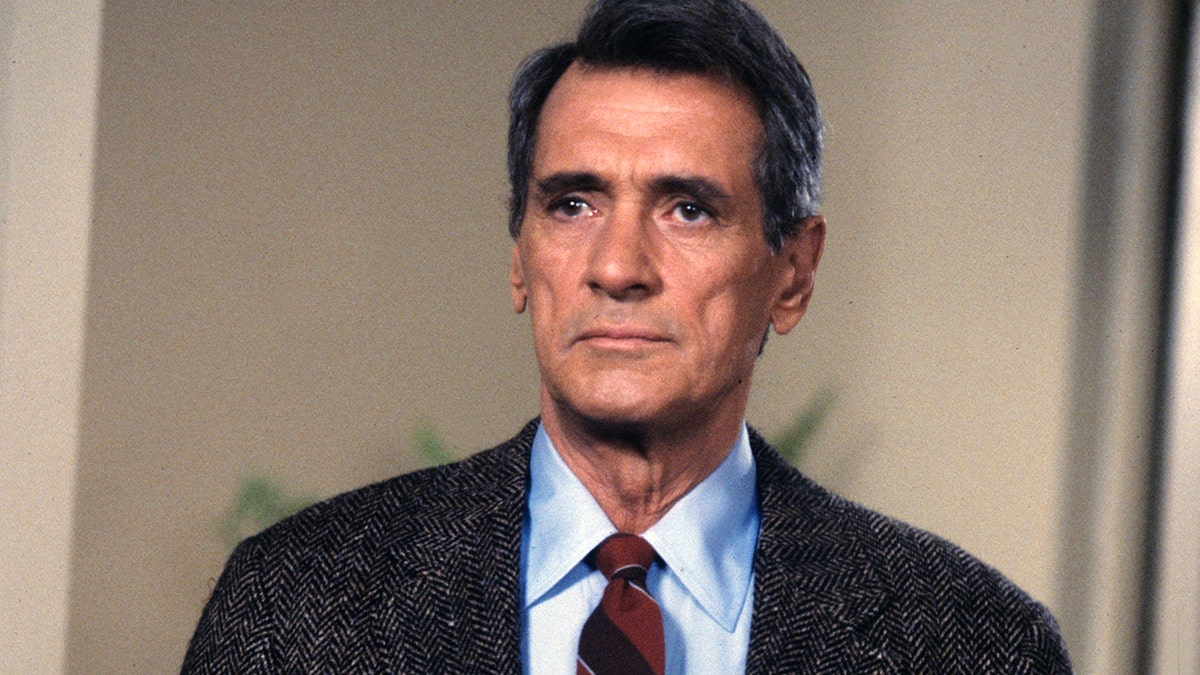
Director Stephen Kijak highlights the moral conflict Hudson endured at a time of widespread misinformation about AIDS. The documentary delves into Hudson's carefully constructed public image as a heterosexual heartthrob, contrasting it with his private life as a gay man. Through interviews with former partners and friends, including Evans, the film unveils the inner life of a man struggling with a devastating diagnosis while maintaining a carefully crafted façade.
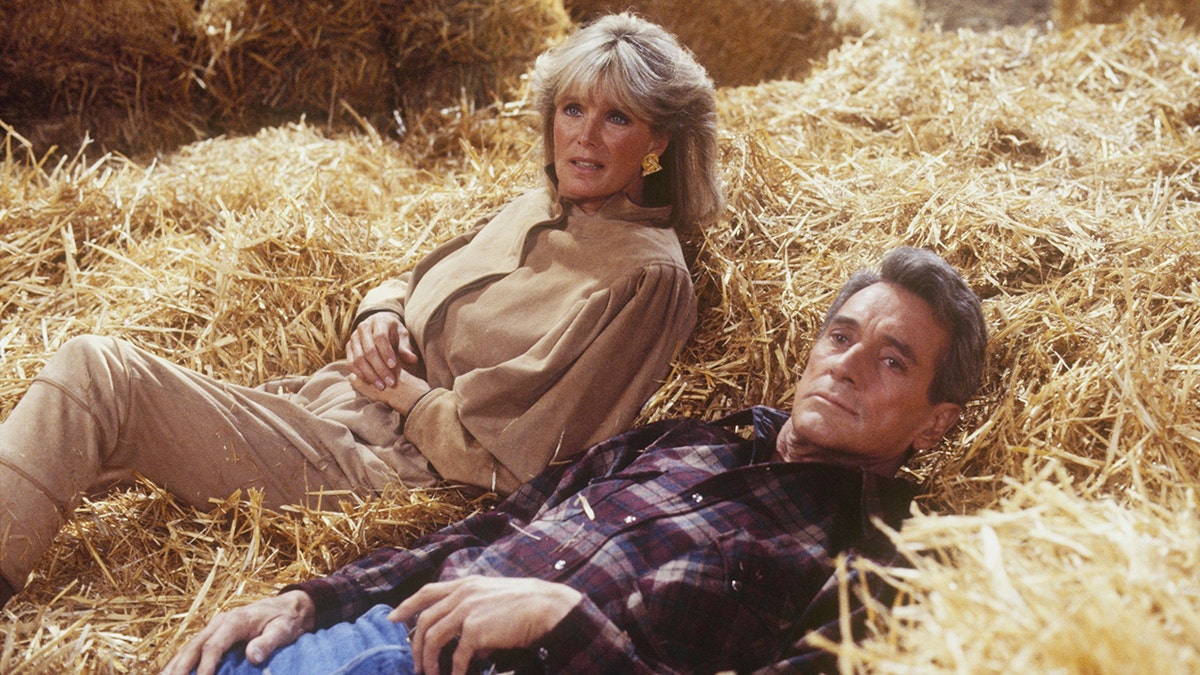
Kijak describes the kissing scene with Evans as traumatic for Hudson, drawing insights from the diaries of George Nader, a close friend who chronicled Hudson's life. Hudson’s fear of infecting Evans was palpable, reflecting the era’s fear and ignorance surrounding AIDS. He kept his mouth closed during the kiss, leaving Evans perplexed. Learning the truth years later, Evans was deeply moved by Hudson's efforts to protect her.
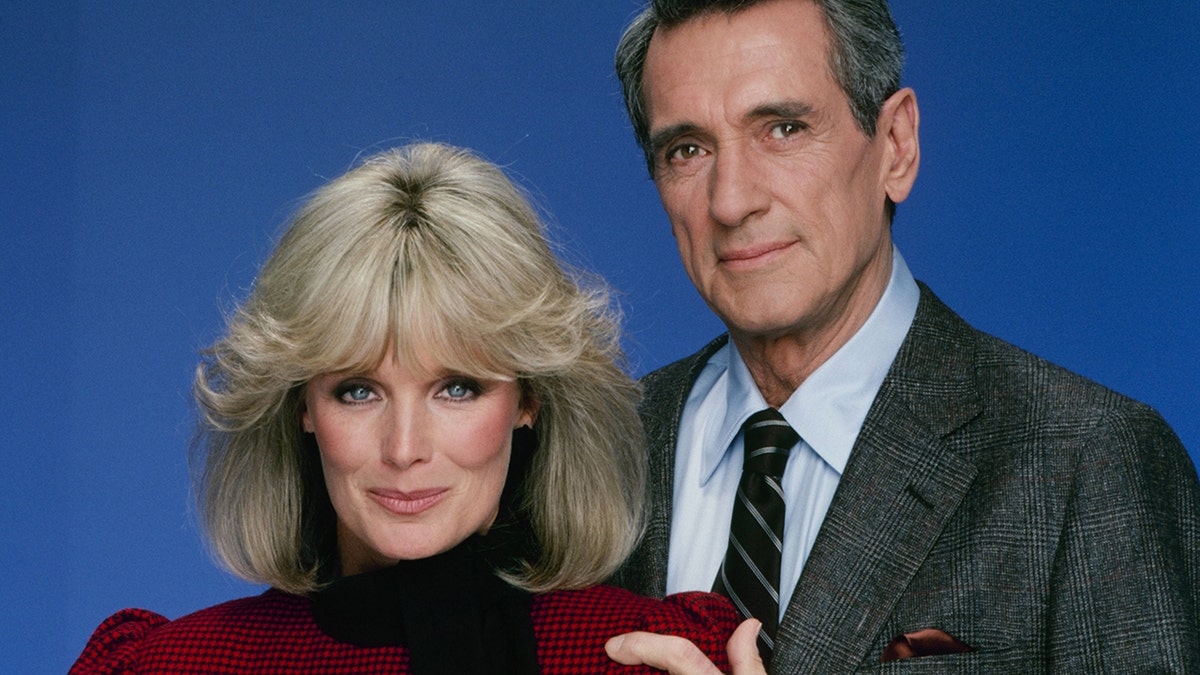
The documentary also explores the studio system's role in concealing Hudson’s sexuality. Kijak emphasizes the lengths taken to maintain this illusion, noting Hudson's difficulty revealing his true self in interviews. Off-screen, however, Hudson could live more openly, enjoying a double life facilitated by the lack of pervasive media scrutiny.
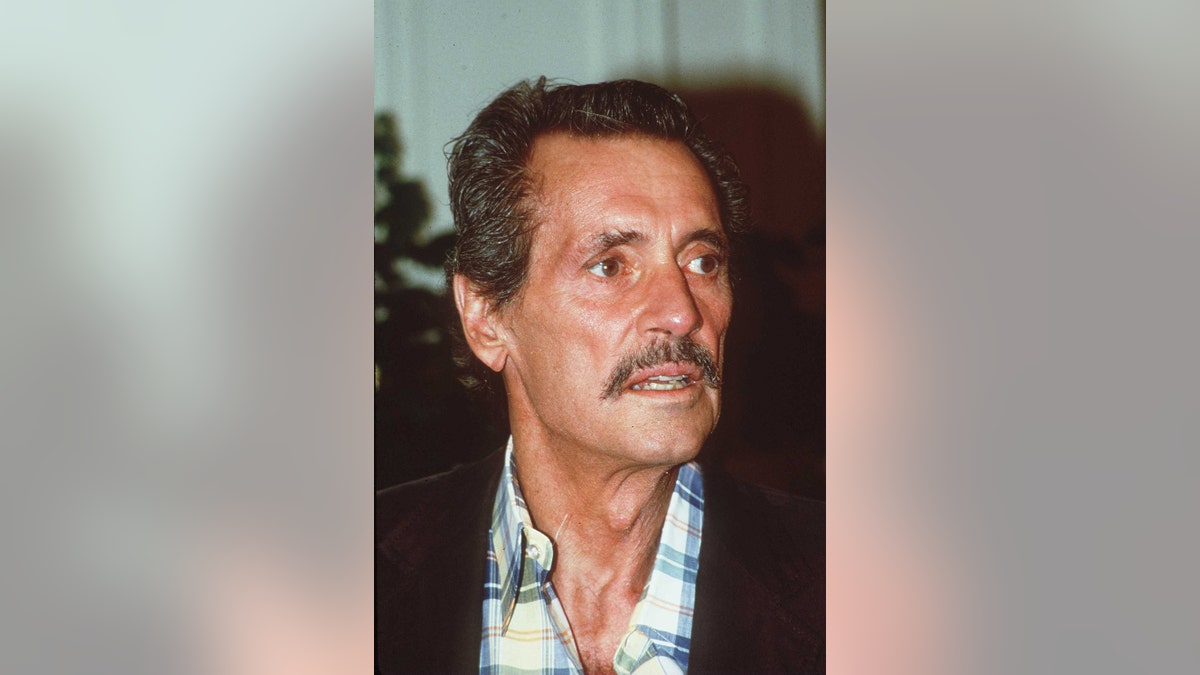
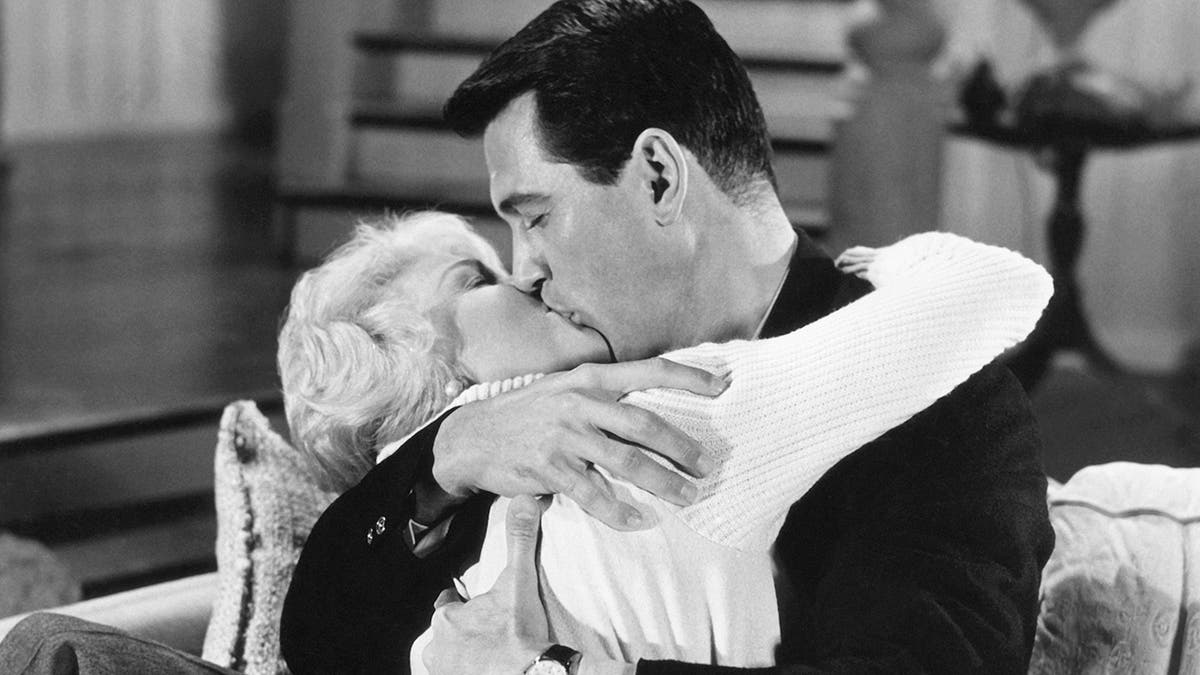
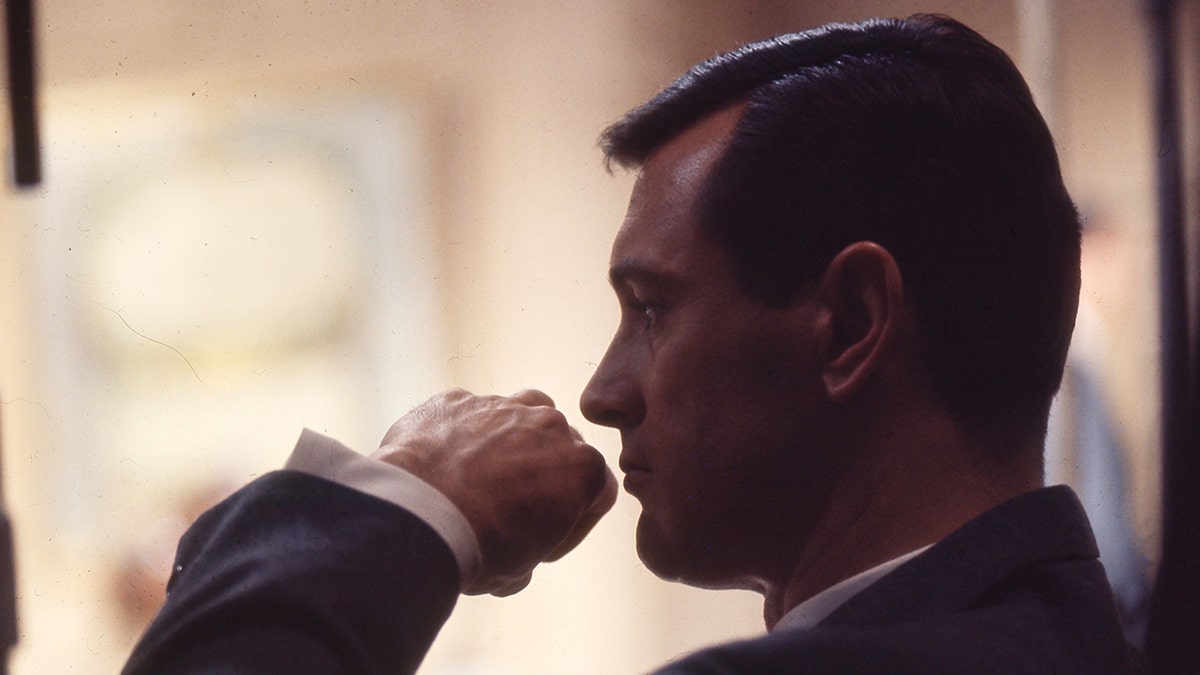
Kijak paints a picture of Hudson as a generous and well-liked figure, a stark contrast to the often-gossipy world of Hollywood. The film touches upon Hudson’s strained relationship with James Dean, speculating about the potential dynamics between the two closeted actors. Kijak suggests a generational clash and possible sexual tension, adding another layer to Hudson's complex story.
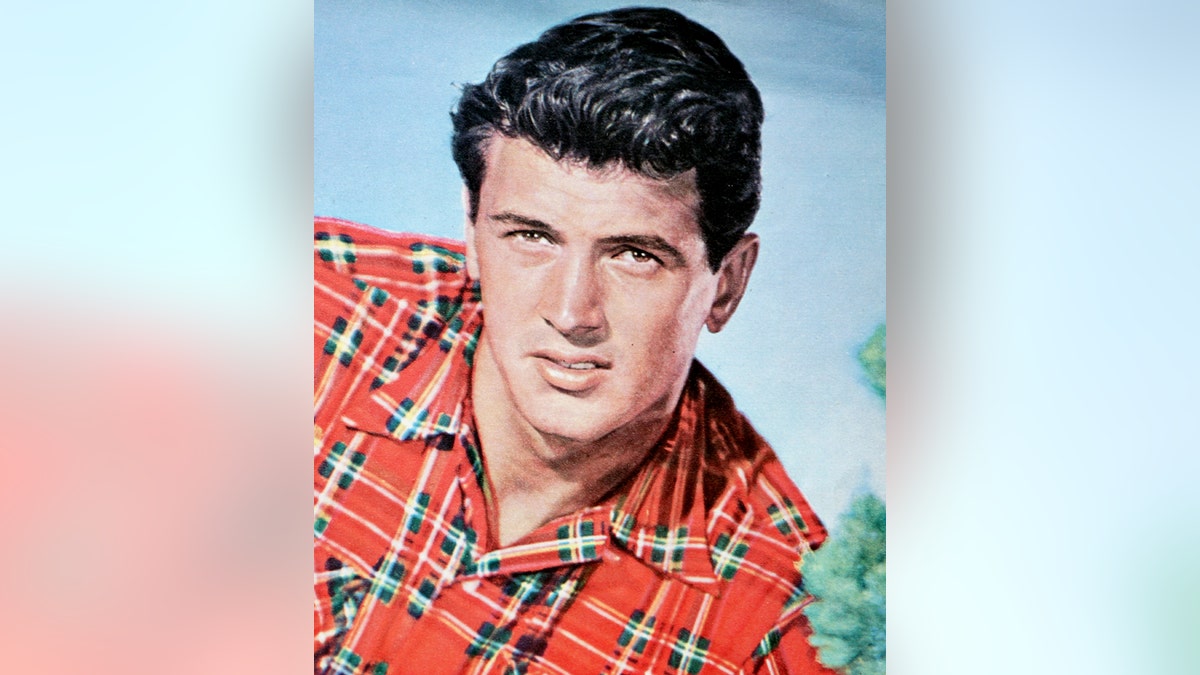
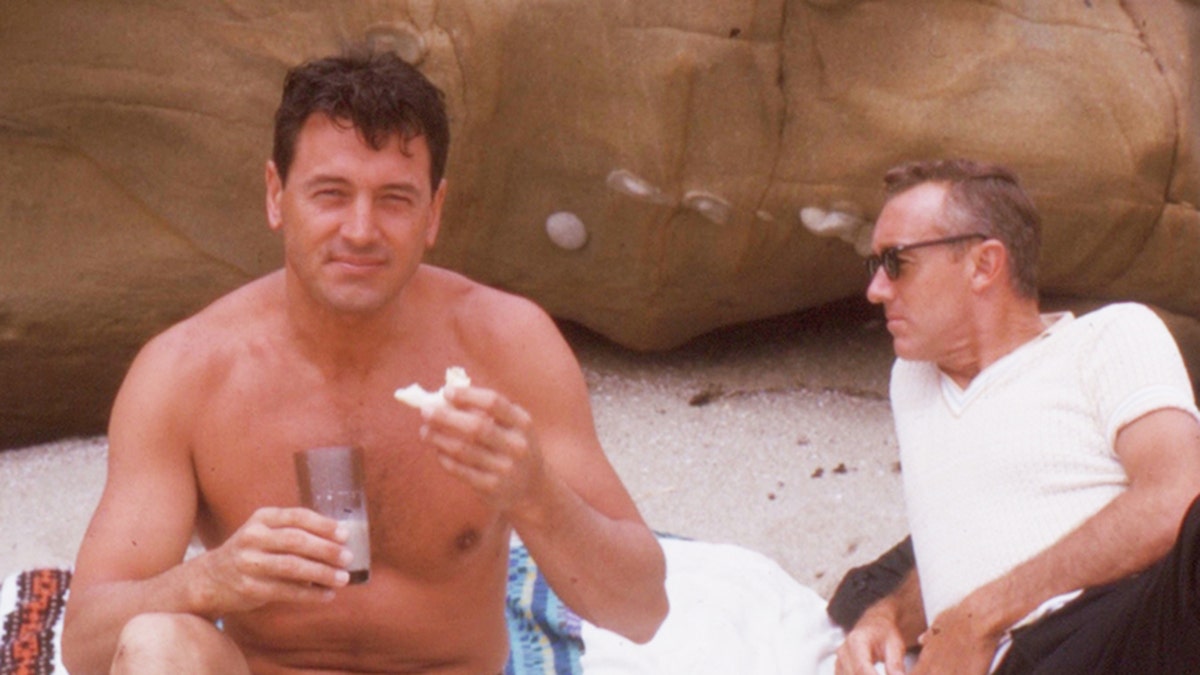
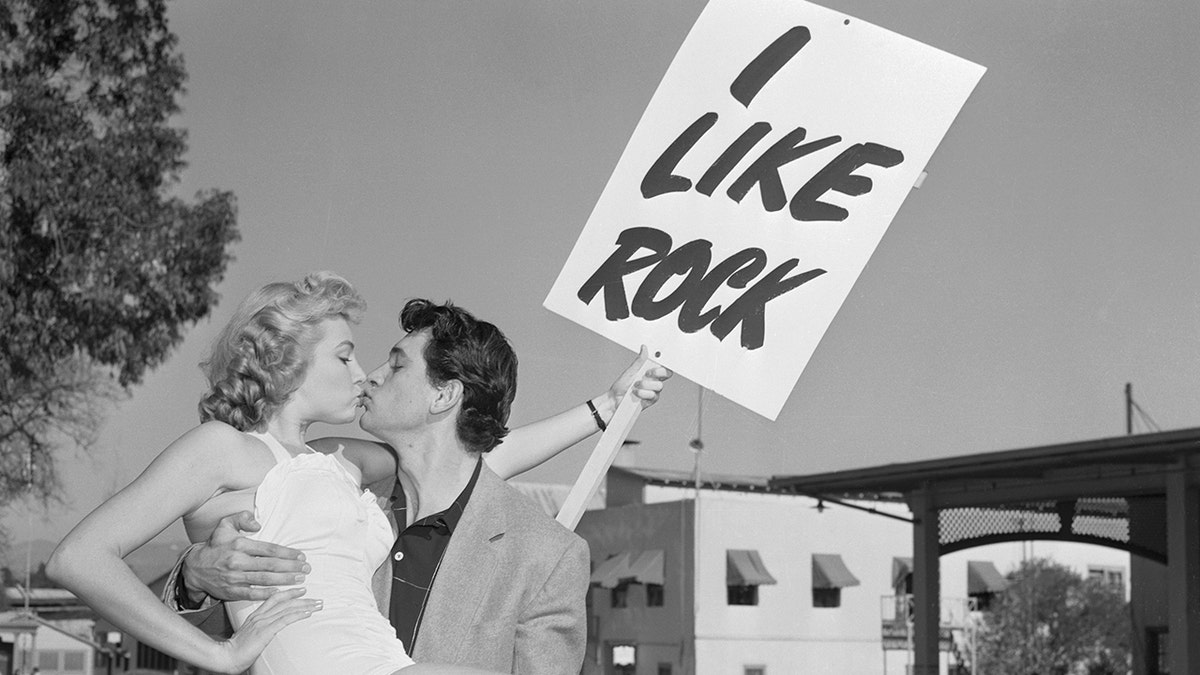
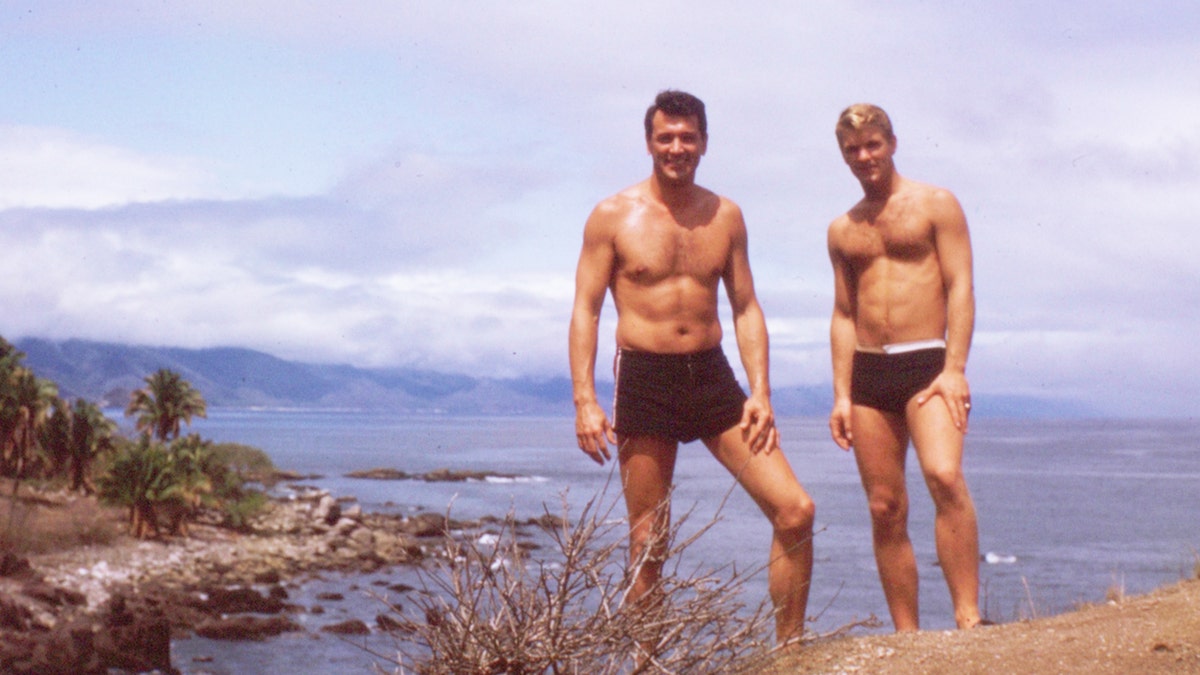
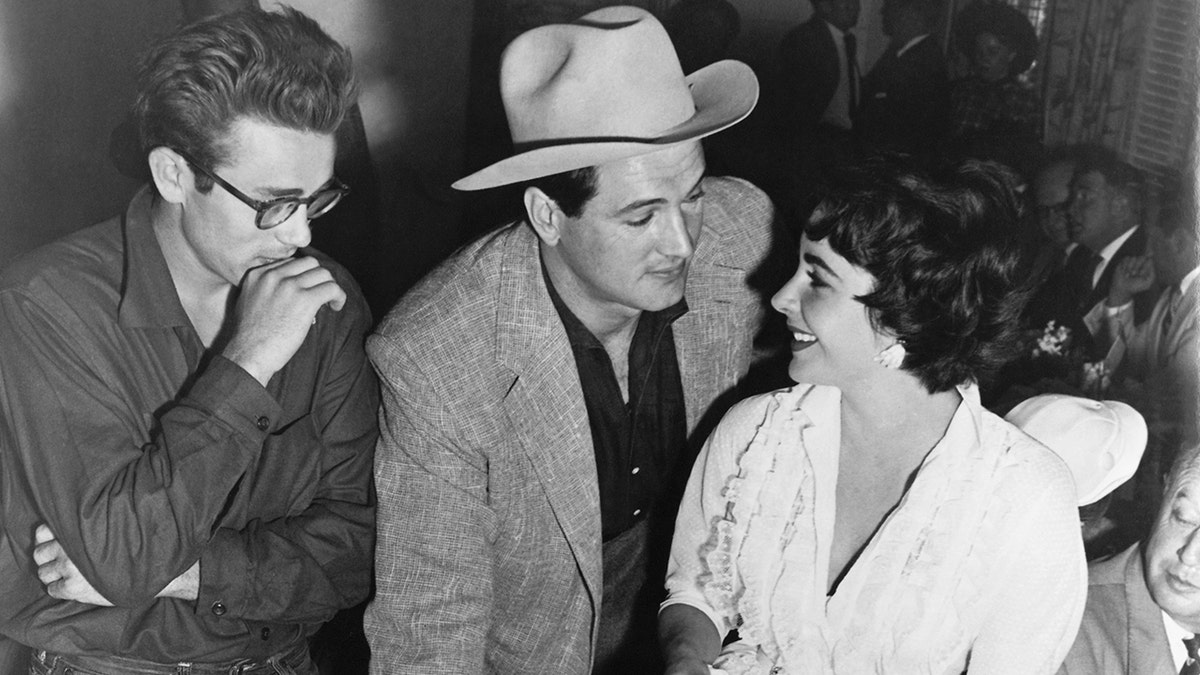
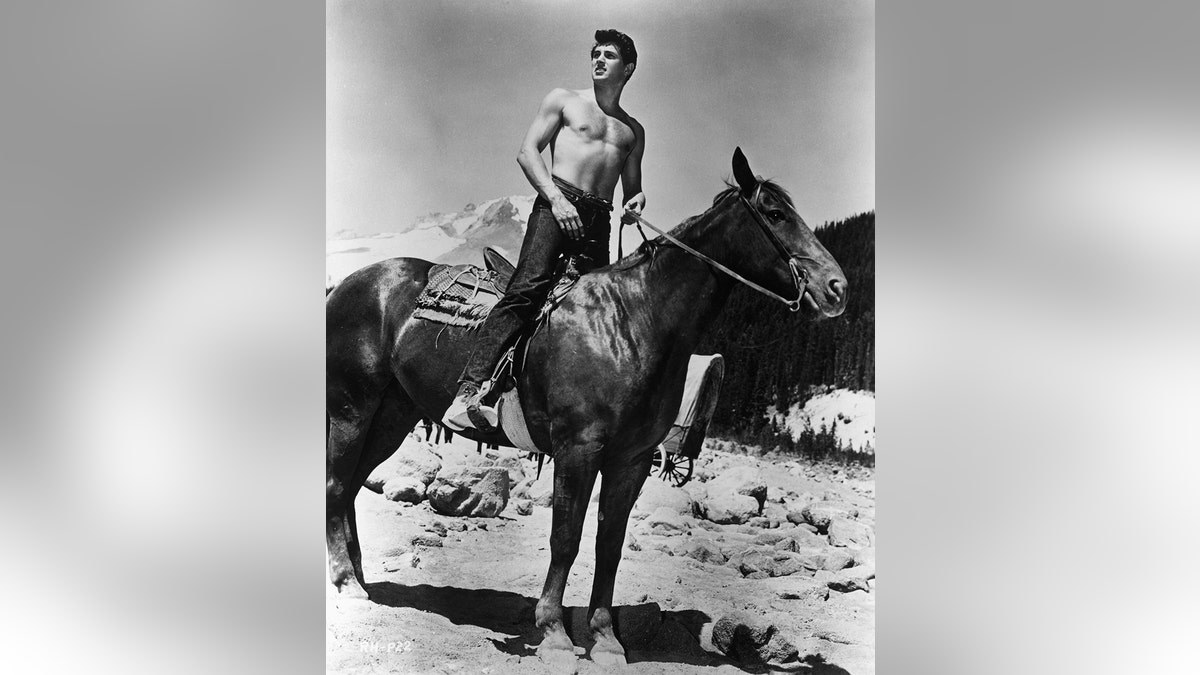
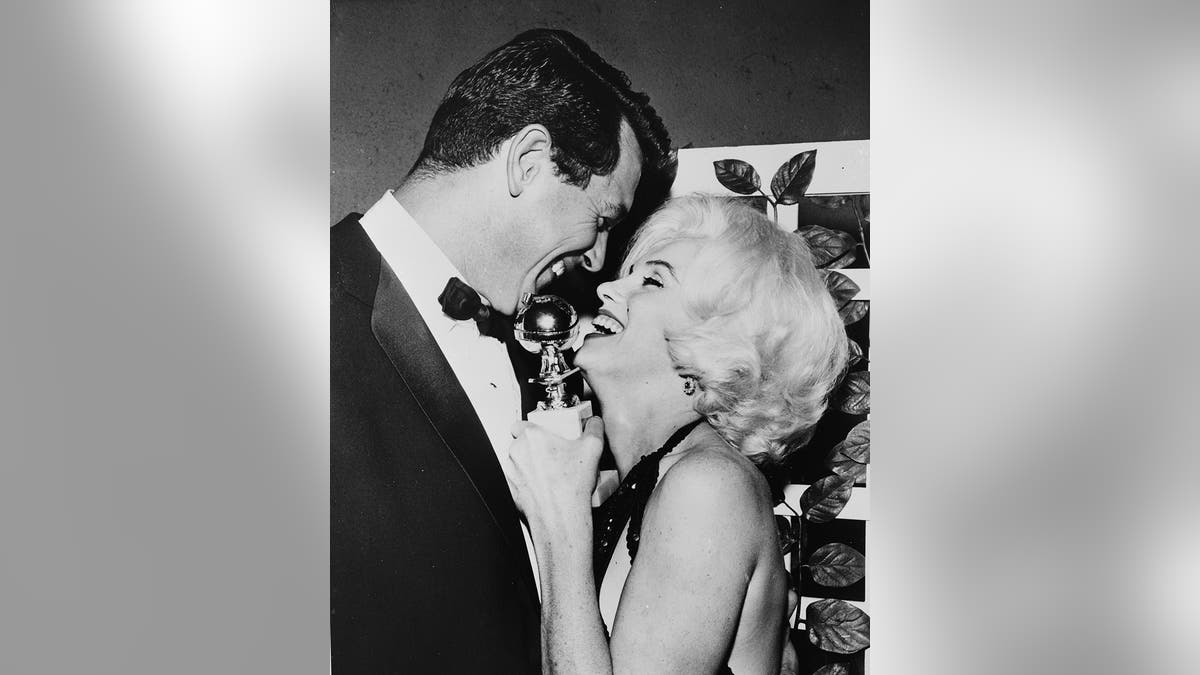
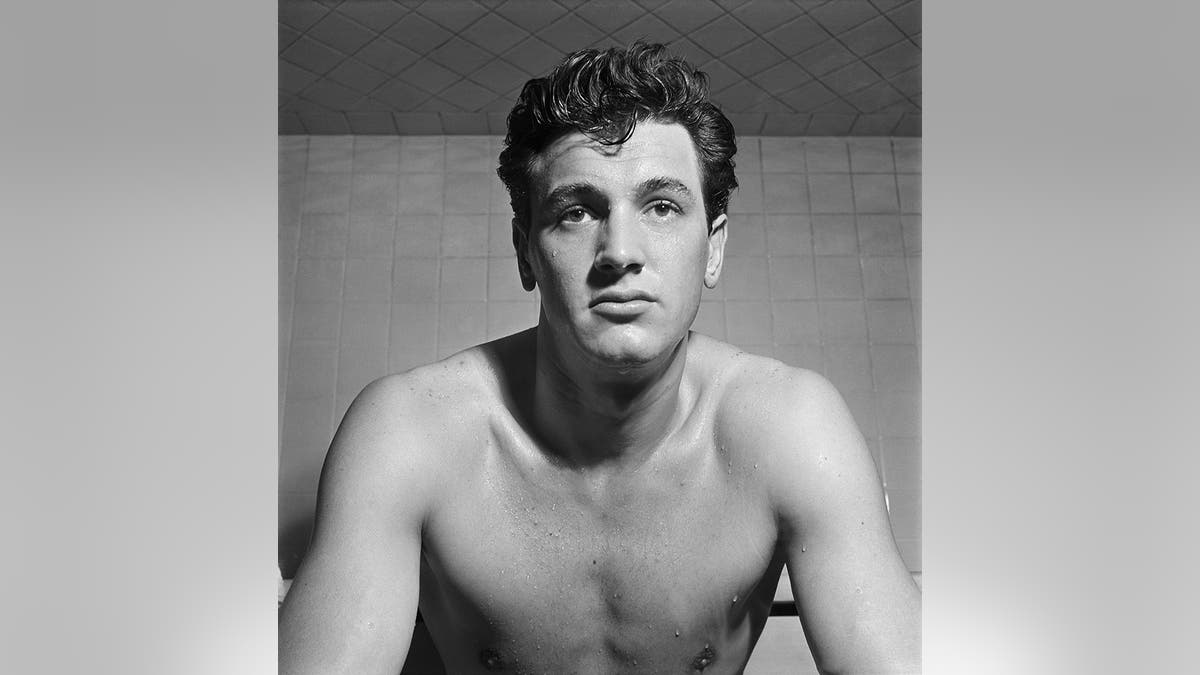
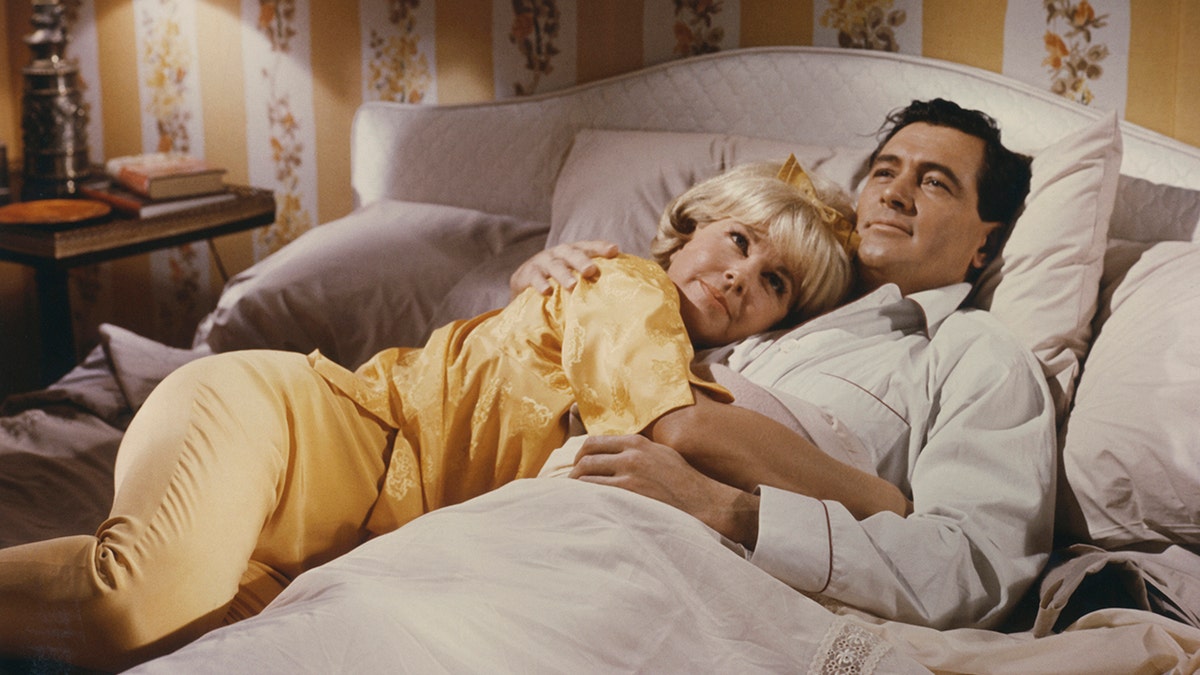
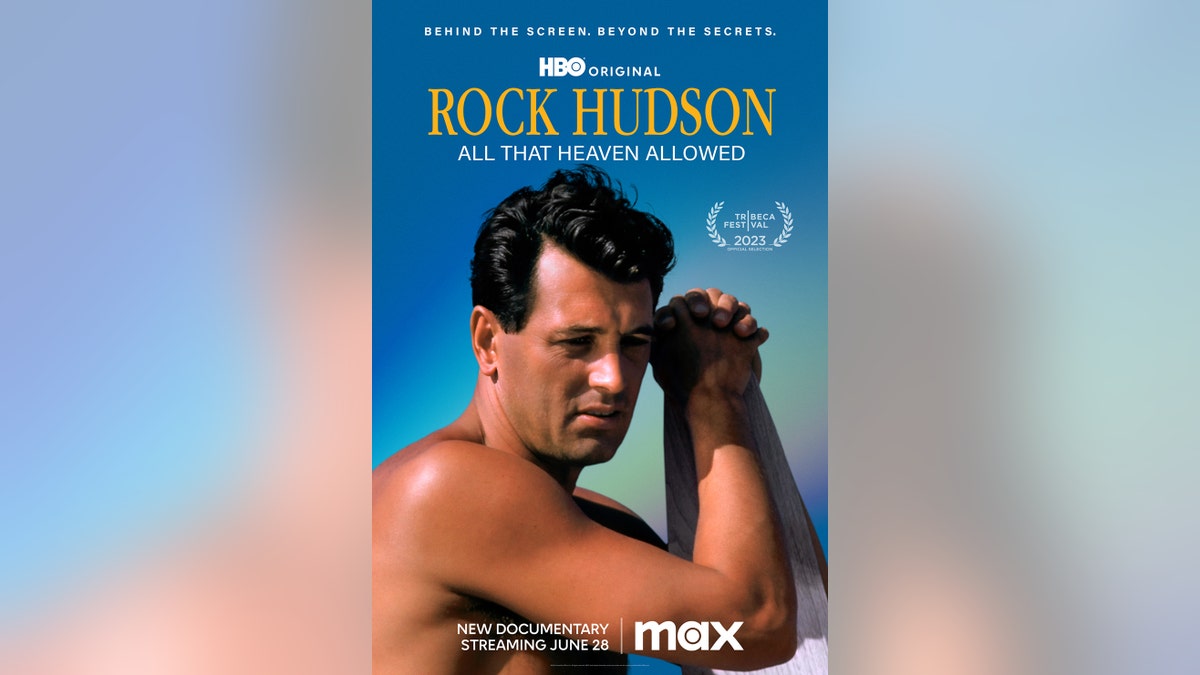
Ultimately, Kijak hopes the documentary will reframe Hudson's legacy, highlighting his impact on AIDS awareness and the substantial funding for research that followed his public announcement. He emphasizes the importance of remembering these historical moments to prevent regression in the fight against HIV/AIDS.
Comments(0)
Top Comments